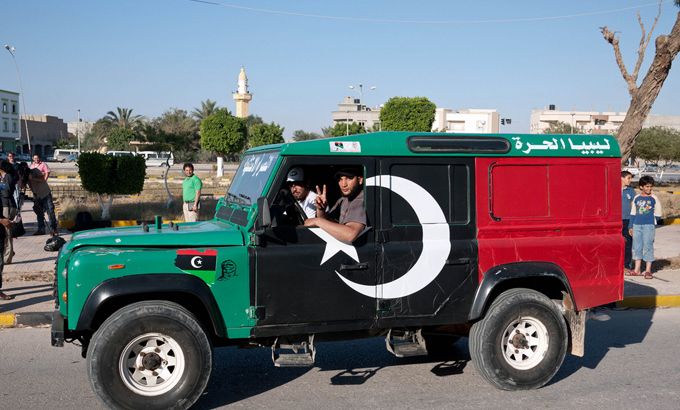
The US and the new Middle East: Libya
Fault Lines travels to the frontlines of the war in Libya to see what US policy looks like on the ground.
In the first of a two-part series, Fault Lines examines how the Obama administration is reacting to the enormous changes taking place across the Middle East. The decision by the US to intervene in the Libyan conflict has a profound impact on the future of the country. But what are the driving forces behind America’s decision to get involved?
| Fault Lines Extra |
Fault Lines reporter Sebastian Walker travels to the frontlines of the war in Libya to look at what US policy looks like on the ground.
White House officials claim that they acted to prevent a humanitarian disaster – but was such a disaster imminent and what were the other factors involved? Did the US intervene to stabilise Libyan oil production for the global markets? Did the White House decide to depose Muammar Gaddafi to send a message to others in the region? And how does this open up the US to accusations of double standards in its foreign policy?
Through interviews with senior American diplomats and policy makers in Washington, Fault Lines examines the motivation behind the US decision to intervene in Libya. We take a look at what it means for the future of US foreign policy in the region and what impact it has on the people fighting along the frontlines.